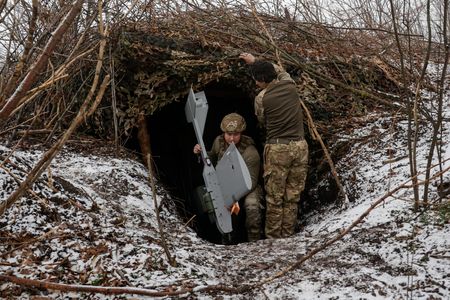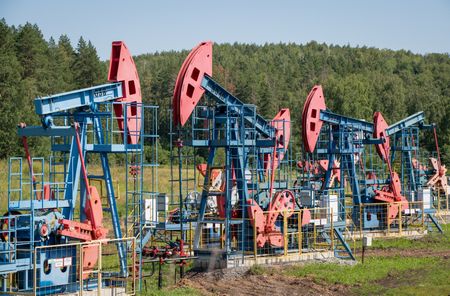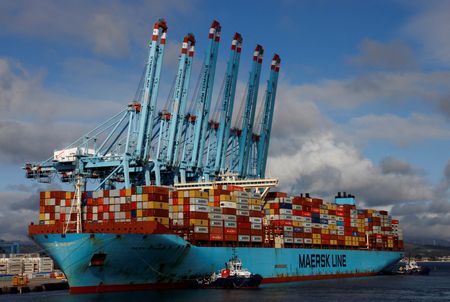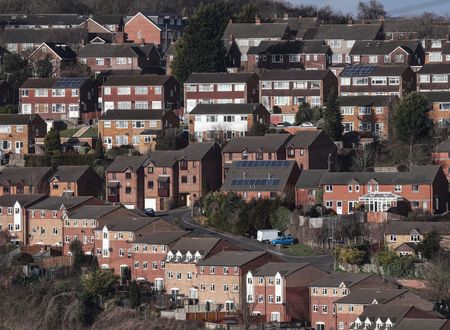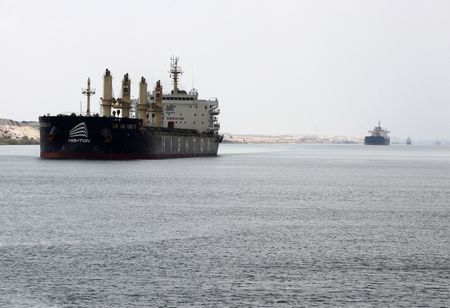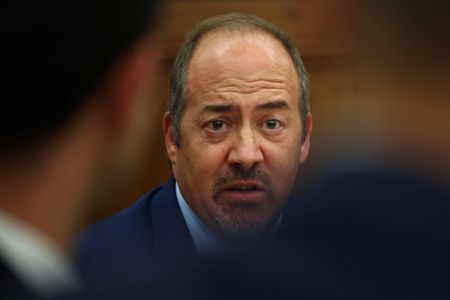PARIS (Reuters) – The current inflation spike in France and the broader euro zone is close to peaking, while the latest wave of COVID-19 infections in France will have a limited impact on the economy, the head of the French central bank said on Tuesday.
Like many economies, France saw inflation surge over the last year as demand for goods and services snapped back after the COVID-19 crisis, snarling business supply chains and driving up energy prices.
National statistics office INSEE said earlier on Tuesday inflation remained unchanged in December from November at a 13-year high of 3.4% after months of steadily climbing, according to preliminary EU-harmonised data.
Inflation “is now close to its peak in our country (December showing first signs of stabilisation) and in the euro area,” Bank of France Governor Francois Villeroy de Galhau said in a New Year’s address released on the central bank’s website.
“While remaining very vigilant, we believe that supply difficulties and energy pressures should gradually subside over the course of the year.”
In its quarterly economic outlook, the central bank forecast last month that inflation would ease from a peak at around 3.5% at the end of 2021 to below 2% at the end of 2022.
It also forecast at the time that the euro zone’s second-biggest economy would see growth moderate this year to 3.6% from 6.7% estimated for last year.
Since the central bank made those forecasts, France has seen a record resurgence of COVID infections in its fifth wave, forcing the government to tighten health restrictions again.
Nonetheless, Villeroy said he was confident the economic impact would be muted as there had been diminishing fallout with each wave.
He said that even if tighter health restrictions than those now in place were to return this year and reduce average growth, any such effect would be fully offset with additional growth in 2023.
(Reporting by Leigh Thomas)


